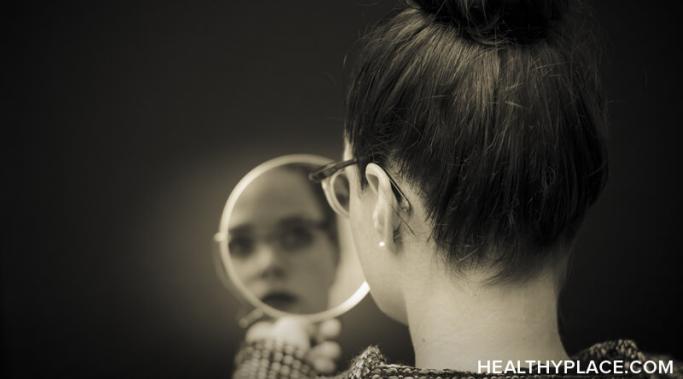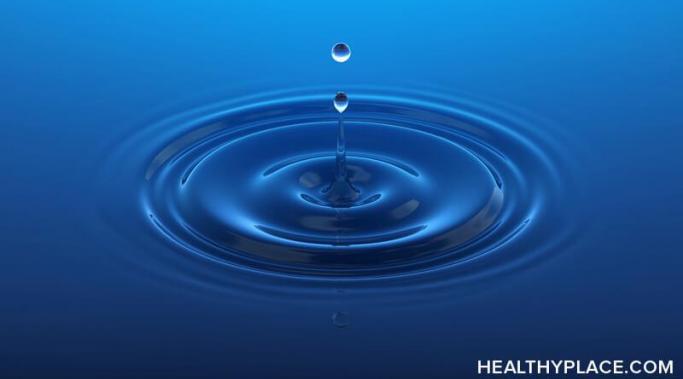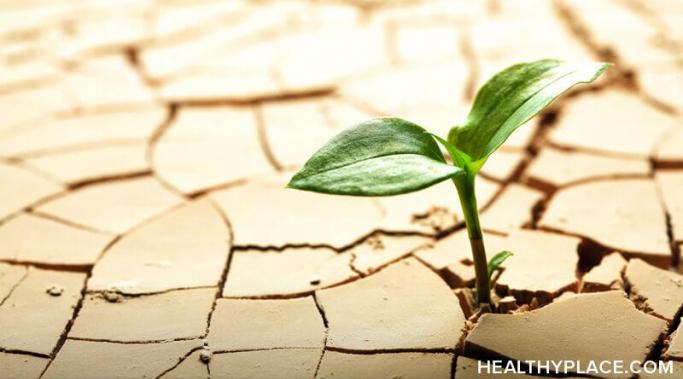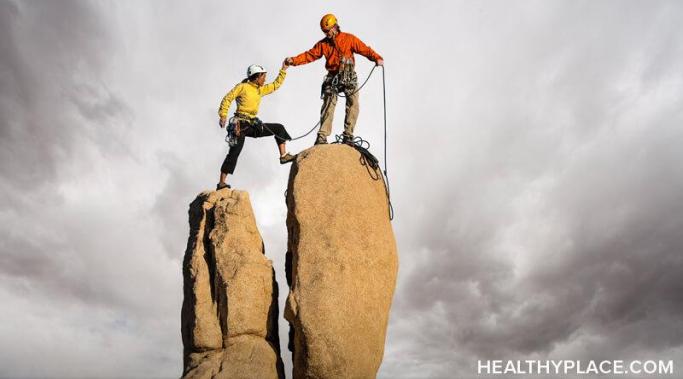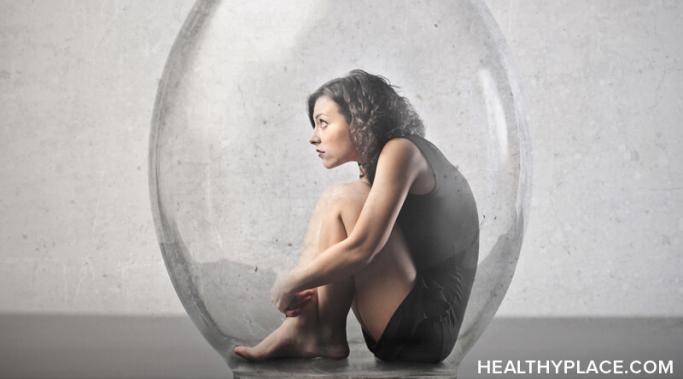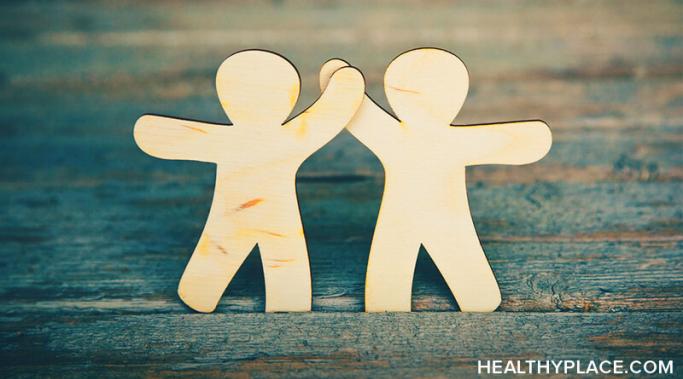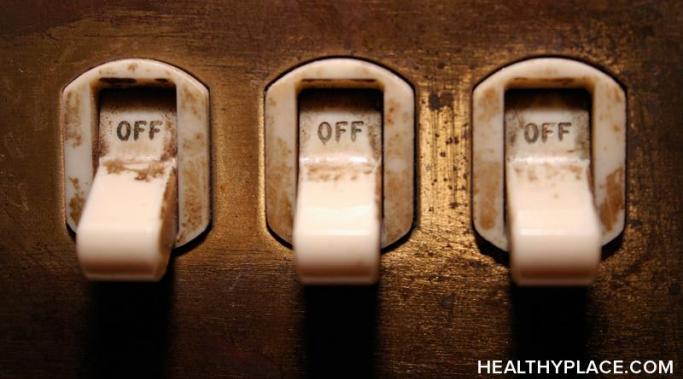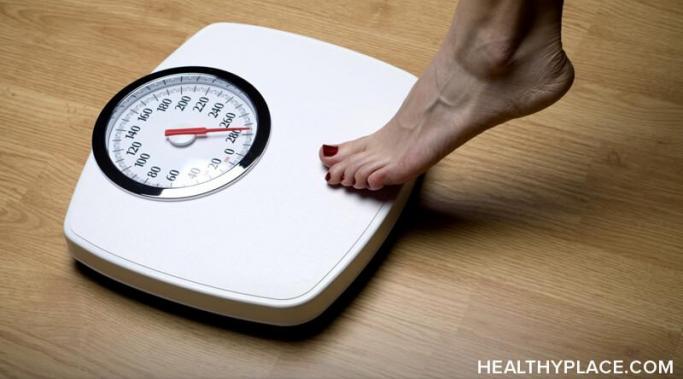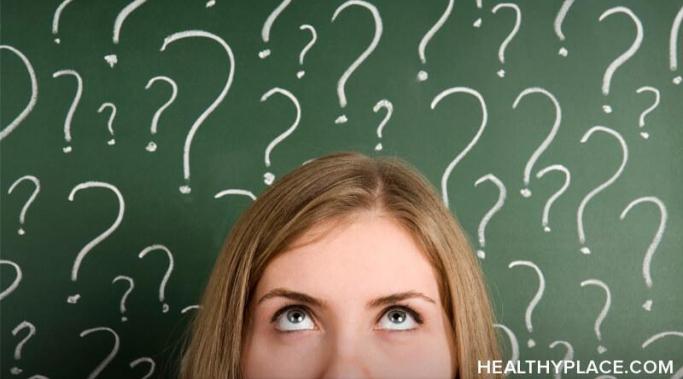As uncomfortable as this feels to admit, my version of self-love is conditional. Memes and mantras extolling the virtues of radical self-love are splashed across my Instagram feed, but I can't seem to take in the message. I have no idea how to accept and affirm myself, no matter the circumstances. I measure my value in terms of factors like outward appearance, work achievements, fitness performance, and societal contributions. I know it's not right, but my version of self-love is purely conditional. Maybe I should get to the root of this issue in 2024.
Identity
I realize now that I need to accept a lack of control in my eating disorder recovery. My battle with anorexia was never just about caloric restriction or exercise compulsion. Those behaviors were surface-level indicators of a more complex issue underneath. The main fear that drove my illness had nothing to do with food itself—on the contrary, I longed for nourishment and sustenance. My source of terror was a loss of control.
My eating disorder lessons actually make me feel grateful. Gratitude is a recurring theme that defines the entire holiday season. In fact, this value is thrown around so often in the frenetic build-up to each new year that it's easy to overlook just how powerful gratitude is. When I strip away all those cliché axioms and intentionally reflect on what it means to be thankful, I'm humbled by the sheer amount of blessings in my life. But then, as I lean deeper into self-reflection, I feel a curious swell of gratitude in an area I would normally least expect. This year, I am grateful for the lessons of my eating disorder.
Here's an inside look at the first line of my latest journal entry: "I am an eating disorder survivor. I am not an eating disorder savior." In other words, I have no power to rescue anyone else from a harmful relationship with food, exercise, or body image. No matter how desperately I want to be of help and service, I cannot force another person to embrace their healing journey. I can cheer them on toward recovery, but I will never be able to control their actions or decisions. Nor should I even attempt to hijack that responsibility in the first place. It doesn't belong to me. But if I already know that I am not an eating disorder savior, why do I still need a reminder? The short answer is that I always think I can manage this self-proclaimed role—until I can't.
Over the past week, I have been reflecting on the acute but nuanced complexity of living in a woman's body. (That is, anyone who identifies as a woman, including those in the lesbian, gay, bisexual, transgender, queer, plus [LGBTQ+] community.) This isn't a new revelation, of course. I've written about how sexism fuels eating disorder behaviors and my own experiences to corroborate that. But I often shove any potential threat of bodily harm, control, or objectification to the margins of my subconscious in order to function as a human. Most women I know default to this coping mechanism as well. However, thanks to a recent global controversy, I (and countless others) am once again forced to reckon with the complexity of living in a woman's body.
This week, I received a text from a longtime friend that sent me into an emotional tailspin. As a result, all motivation to care for myself evaporated into thin air. This news she shared was heavy to process, obviously, because I don't want to see her suffer, but also because I have firsthand experience with the issue she is facing.
I have an eating disorder voice that needs to be turned off. I first began the work to heal from an eating disorder in 2010, and it's been a passion of mine ever since. But despite all those years of hard-fought experience in the eating disorder recovery trenches, I am still learning how to turn off the eating disorder voice in my head. This voice was a staunch, relentless companion for most of my adolescence. At times, I could not even separate my own inner voice from the eating disorder beliefs, anxieties, and compulsions always shouting at me.
In a previous article, I wrote about feeling anxious about starting my first session with a personal trainer. But now that I am two months into the program, I have to admit there are many clear benefits to working with a certified professional who knows much more about fitness and nutrition than I do. It has been a challenge, but under her instruction, I am slowly learning how to create a balanced relationship with exercise. I can even see myself building stamina, resilience, strength, and athleticism. Here are some of the lessons from personal training that also help me out in ED recovery.
I have learned so many important lessons and revelations in the course of my interminable healing from anorexia, but one stands out above the others: I cannot take a day off from eating disorder (ED) recovery. Sometimes I want to, of course. Sometimes I'm convinced that enough time has passed since my life was at risk—or I have enough experience and self-awareness at this point—to ease off the accelerator and simply coast for a while. But I really can't take a day off from ED recovery.
For most of my life, I was plagued by the question, "What will I do without an eating disorder?" It felt unattainable even to imagine an alternate reality in which those obsessions with food, exercise, or body image weren't constantly humming at the forefront of my brain. Each waking moment was a conquest to burn calories—or simply avoid them altogether. At the time, it seemed euphoric, but now I can see just how bleak of an existence I forced myself to live. So these days, I ask another question: "What can I do without an eating disorder?"
